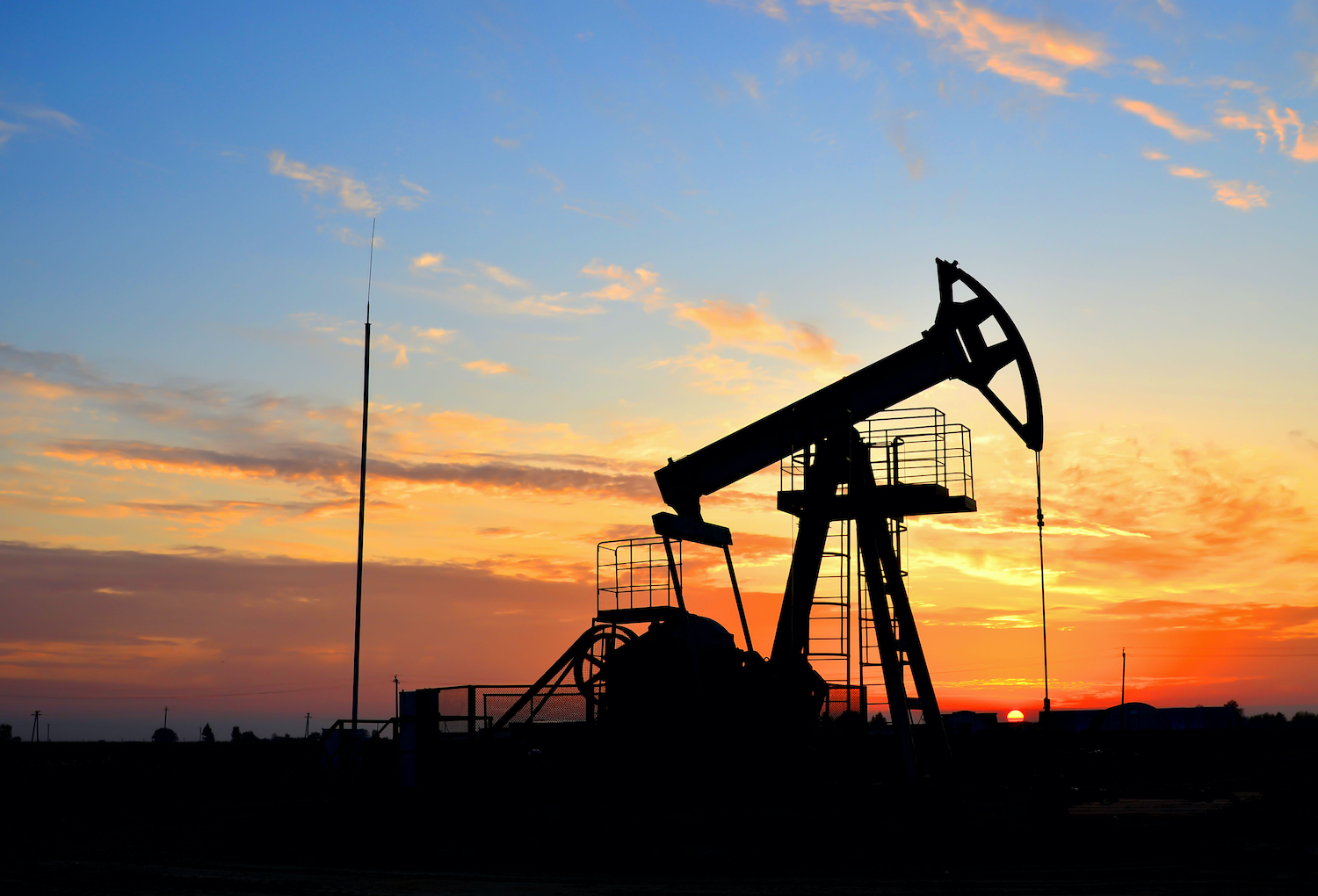Will oil hit the $100/bbl mark again?
Oil is one of the most volatile commodities out there. And there’s a good reason for that. There are several. Why has oil had such a huge comeback recently after last year’s downward spiral and what do experts say about the future of oil prices?
What drives oil prices?
Oil is heavily dependent on demand and supply. When people travel more (historically in summer) they use more petrol which is driving up the price of oil. This explains why the pandemic was such a devastating blow to oil prices last year and why oil prices soared in the last month of June 2021 as travel restrictions started to ease off. With the Delta variant of the virus on the rise again, we could see new lockdown restrictions imposed which in turn would curb the oil demand.
Where is the supply coming from?
The flip side of oil, the supply, is very political. 60% of all oil supply is controlled by the oil cartel called OPEC and its friends, also known as OPEC+. This cartel is heavily influenced by Saudi Arabia, Iran and Russia and they frequently meet to impose guidelines on members as to how much oil is produced and released and at what price.
In a recent statement, OPEC+ is concerned about an oil glut in 2022 and may extend its cuts.
One key oil producer who isn’t part of OPEC+ is the US. Since August 2018 the US is the largest oil producer in the world and that’s primarily because of US shale production and fracking which is a lot less organised than OPEC.
While fracking is popular since it allows drilling in difficult to reach places it is also controversial and environmental supporters are concerned about the amount of water used, earth tremors and the release of carcinogenic gases.
Iran is another key factor in the mix. As one of the top ten oil producers in the world, it has been increasing its output despite US sanctions imposed by President Donald Trump.
What about the environment?
Another political factor is also an environmental one. Oil producers are put under increasing public pressure to face up to the impact that burning fossil fuels has on the environment, such as an increase in water levels and other side effects due to high carbon emissions. Lawsuits and global protests are demanding politicians should impose stricter regulations on oil producers and shift investments towards greener and more renewable energy.
What’s the future for oil prices?
We only touched on some of the many factors that influence the price of oil. Future contracts and the US Dollar exchange rate are further important influencing factors when it comes to the price of oil since oil is always traded in US Dollars. It’s understandable then that a long-term view or accurate predictions of oil prices are very difficult and can vary wildly. There have been reports by BofA making headlines that oil could hit $100/bbl in 2022 and the EIA has forecast prices even as high as $185/bbl by 2050.
Back to 2021 Brent crude forecasts are averaging $67.48/bbl and demand growth is seen at 5-7 million bpd. The oil rally continues.

